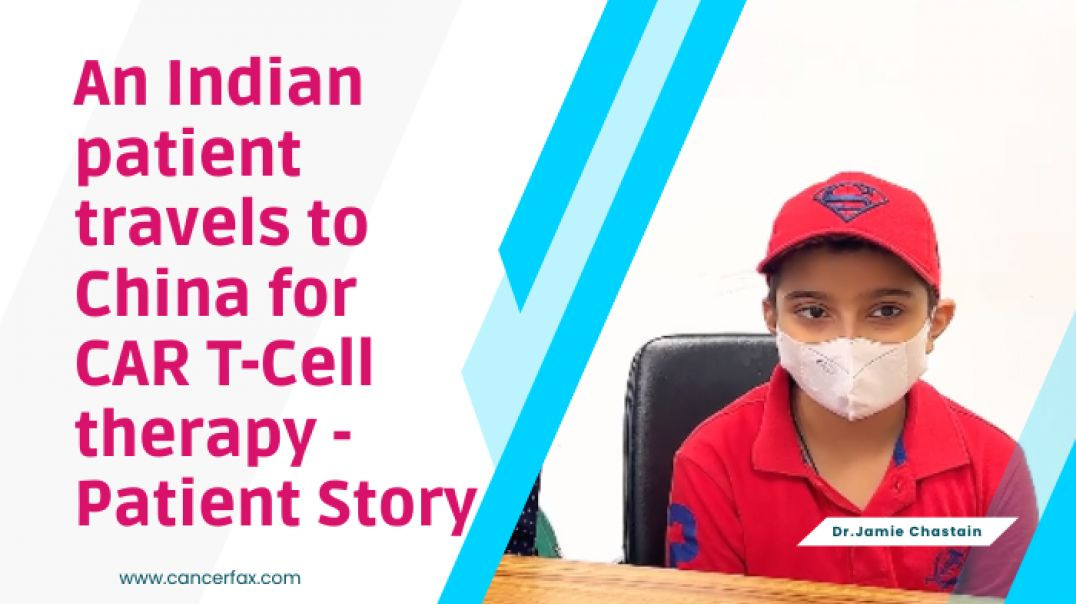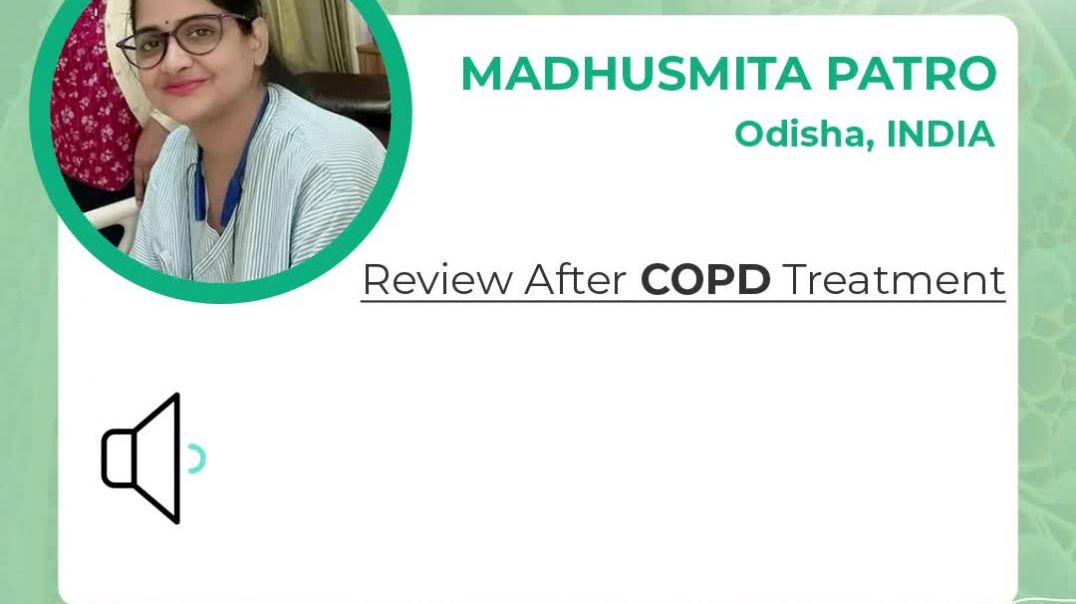How To Treat Mast Cell Activation Syndrome | Ask Eric Bakker
What is the best way to treat mast cell activation syndrome if you have this condition?
Your FREE Candida Report here: https://www.yeastinfection.org..../free-candida-report
Hi there. Thanks for coming back. It's Eric Bakker, the naturopath.
We're going to talk now about some treatment for mast cell activation syndrome. What are some of the best treatment solutions. We've just spoke about diet. And if you're unsure, check out the diet video I did and click on some of the links under there to look at some of the low-histamine diets that you may want to follow.
If you've got quite a powerful response and you really believe it's histamine, you may want to look further at salicylate sensitivity and oxalate sensitivity. You could have a little bit of both of those as well. Right?
So let's look at now some of the best things you can take if you've got this problem. Well, nothing beats doing the diet, so you really want to make sure you're following the correct diet first. So if you haven't seen the diet video, go back and look at that before you engage in the proper treatment now alright.
So, one of the first things I'd recommend would be vitamin C. So, you can take vitamin C in different forms. You can take it in an ester form. You can take it in a buffered form, you know, along with calcium and magnesium ascorbates, for example. You can take it in ascorbic acid form. There are many types. I prefer the buffered form. Ester C is quite okay as well. So, you want to take anywhere between 3,000 to 6,000 milligrams per day as a trial, to see.
Because this is a very good antihistamine in its own right.
Bioflavonoids are also very good, but you'll need to take larger amounts of these. Quite large amounts. 800 milligrams, 1,000 milligrams, 2,000 milligrams per day, for example, of bioflavonoids.
These are vitamin C-like compounds that have an effect on stabilizing the mast cell, to stop it degranulating too quick. So, if you're going to use a bioflavonoid, use quercetin. Quercetin. Q-U-E-R-C-E-T-I-N.
Quercetin is a very good flavonoid, and it's often found in plants along with vitamin C. So it helps to stabilize the activity of vitamin C. Basically, it just powers vitamin C up. But it's very good for allergies, quercetin. So I'd recommend you take some quercetin and ascorbic acid or vitamin C powder. You know just to see whatever you want. Take fair or reasonable amounts. You want to take minimum 1,000 milligrams of quercetin a day, and as I mentioned, several thousand milligrams of vitamin C per day.
Vitamin B6, or pyridoxal-5-phosphate. B6 is very, very good. B6 has many different actions on the body. Hormonal actions, musculoskeletal actions. An incredible amount. It's one of the most powerful B vitamins that you can use, in terms of the immune response.
It works especially well with zinc and magnesium. So if you take a multivitamin, for example, make sure there's B6 in it.
What else can we talk about? I think that's about it for this video. Yeah. And remember, the supplements are of no use unless you do a low-histamine diet. So make sure you follow the low-histamine diet, take some supplements, take them regularly.
Try that for a good several months to see how you feel. You should notice a reduction in symptoms, if this really is your thing, if this condition is your thing.
Thanks for tuning in.























SORT BY-
Top Comments
-
Latest comments